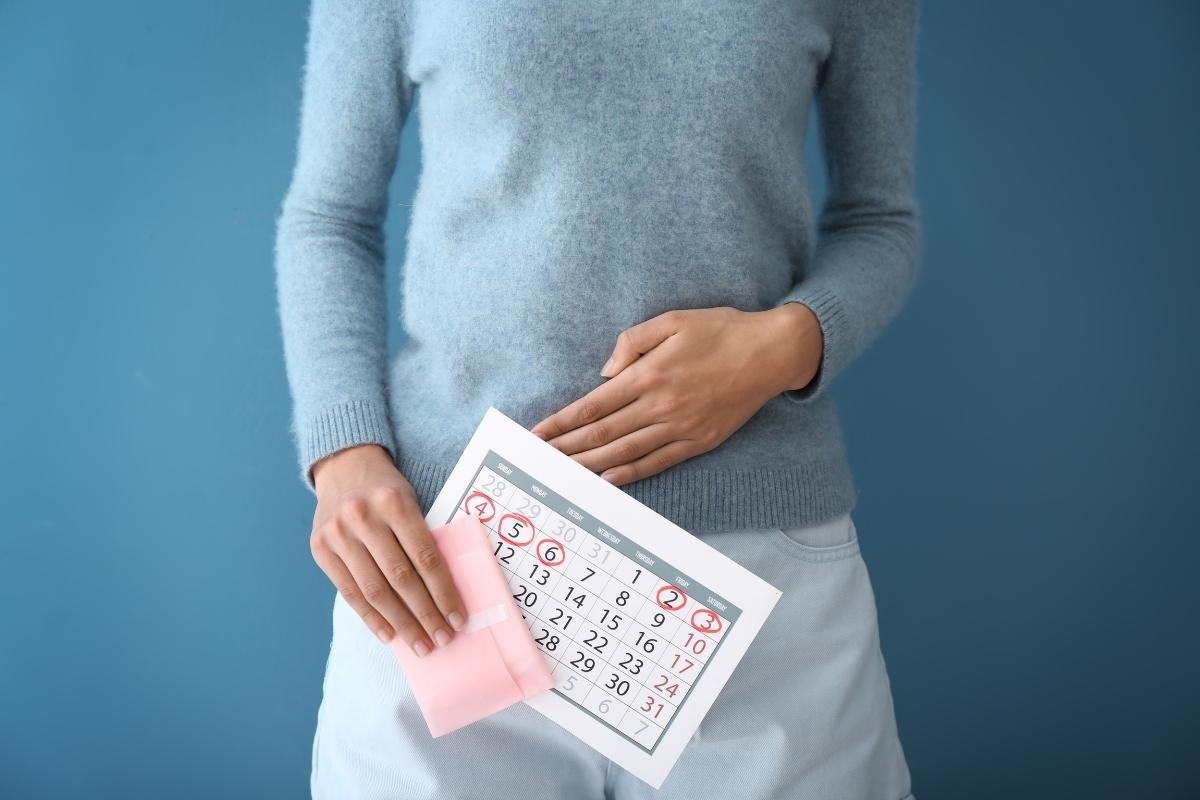Blog
New tools from CATT and PedsConcussion for screening, diagnosis, and management of brain injury due to intimate partner violence
PedsConcussion, the Living Guideline for Pediatric Concussion, has published a Supplement: Intimate Partner Violence-Related Head and Neck Trauma. The Concussion Awareness Training Tool (CATT) for Women’s Support Workers has a free online training course on brain injury and intimate partner violence.
Concussion significantly increases the risk of severe mental health illness post-childbirth
A study found evidence to suggest a link between concussion history and a 25% increased risk of severe mental health challenges in the 14 years after childbirth in comparison to those who have no history of concussion.
Females, military personnel, and especially female military personnel report higher total postconcussive symptoms
A study found that females reported higher total postconcussive symptoms compared to males and that military personnel reported higher total symptoms than the civilian population.
Understanding sex differences in concussion: female vulnerability in concussions
A study published in Acta Neuropathologica found that female swine brains are at a "higher risk of concussion and suffer worse outcomes" than male swine brains.
The introduction of concussion spotters to the Women’s World Cup
In the 2023 Women’s World Cup, there was a new introduction to the state of play for the tournament: concussion spotters. Spotters are certified athletic trainers not tied to any specific team.
MRI imaging and behavioral testing reveal emotional problems in female children post-concussion may be related to injury-caused delay in maturation of white matter
A study published in Biological Psychiatry
found that concussions may alter the trajectory of white matter maturation in female children and that this alteration may play a role in the onset of new depression and anxiety after concussion.
Male and Female athletes have similar recovery trajectories but different symptom burdens
A study published in Sports Medicine showed the recovery trajectories for both sexes to be quite similar. However, the study authors note that females have a greater overall symptom burden during their recovery period.
Brain injury from intimate partner violence–a medical provider resource
There is a significant gap in knowledge and guidance on handling IPV-related injuries among medical providers. To address this gap, Canadian organizations have collaborated to develop a resource to aid healthcare professionals in understanding and managing these injuries effectively.
Connections between intimate partner violence, traumatic brain injury, and neurological disease–but not CTE
A recent study of the brains of 84 deceased women who experienced intimate partner violence found that the brains consistently showed signs of traumatic brain injury but that none met the criteria for chronic traumatic encephalopathy (CTE).
Hormonal contraception use does not appear to affect concussion baseline assessments
According to a study done by Moran et al., hormonal contraceptives do not appear to influence neurocognition and oculomotor baseline assessment measures for sport-related concussion (SRC).
Pilot program will screen domestic violence survivors for TBIs when they enter shelters
Pilot program will screen 420 domestic violence survivors for “traumatic brain injuries and concussions” as they enter seven emergency safehouses and shelters.
Female high school athletes who are more specialized are five times more likely to have a history of concussion
A study found that female high school athletes who were highly specialized in their athletic pursuits were five times more likely to have a history of concussion compared to female high school athletes who were less specialized in their athletic pursuits.
‘Medical Gaslighting’ of women and people of color, including for mTBI
A New York Times article discusses "Medical Gaslighting”, a term used to describe situations where patients are frustrated after “dismissive experiences with medical professionals.” The author notes a 2020 study finding that women receive less medical care following traumatic brain injury (TBI).
Post-concussion changes in menstrual cycle reported among adolescent patients
Researchers found changes in menstrual patterns 3-4 months post-injury in 1 out of 8 adolescent patients. The authors also found higher symptom severity for those who sustained a concussion after ovulation and before menstruation.
Continuing debate about helmets in girls’ lacrosse
The use of helmets in women’s lacrosse continues to be a topic of significant debate, as helmets are not mandatory in women’s lacrosse but are required in men’s lacrosse. A 2015 study found that women’s lacrosse had the second-highest rate of concussions among a variety of high school and college sports.
Sex, race, psychiatric history, intracranial injury associated with increased prevalence of insomnia after a TBI
A study found that female biological sex, Black race, history of psychiatric illness, or intracranial injury were associated with a higher severity level of insomnia symptoms post-TBI.
Recommended reading – Impact: Women Writing After Concussion
Impact: Women Writing After Concussion is an anthology containing the stories of 21 women writers reflecting on how their personal and professional lives have changed following experience with concussion.
Radio program on survivors of domestic violence living with traumatic brain injury
We recommend a 47-minute radio special, An ''invisible epidemic'': Survivors of domestic violence on living with traumatic brain injury. The program is a feature of WBUR radio's On Point program and played on NPR across the United States.
The Impacts of COVID-19 on Service Providers and Women Survivors of Intimate Partner Violence and Brain Injury
Intimate partner violence (IPV) affects up to 1 in 3 women over their lifetime. COVID-19 has intensified this problem. The intersection of IPV and brain injury (BI) remains relatively understudied. However, this study, published in Journal of Head Trauma Rehabilitation, focused on improving understanding of intimate partner violence and brain injury.
Persistent post-concussion symptoms, TBI history predictive of intimate partner violence (IPV) perpetration among veterans
A study found that persistent post-concussion symptoms (PPCSs) “were associated with an increased likelihood of perpetrating IPV in the subsequent year when controlling for other common IPV risk factors,” including binge drinking, marijuana use, pain level, and probable PTSD.




















